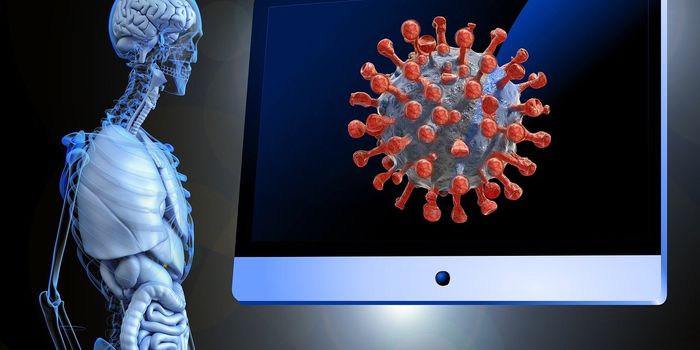Using AI to determine which patients are best suited for immunotherapy
A new study published in the journal Cancer Immunology Research suggests that we can use artificial intelligence to help determine which people with lung cancer would benefit the most from immunotherapy. The AI model was developed by researchers at Case Western Reserve University in collaboration with other scientists.
Lung cancer is a frightening diagnosis to receive because early detection is so limited that patients are often diagnosed when the disease has already reached advanced stages. The National Cancer Institute estimates that lung and bronchus cancer accounts for 12.9% of all new cancer diagnoses in the US, making it the second most widespread type of cancer nationally. In developing a treatment plan after diagnosis, immunotherapy is one of the treatment options that patients and their doctors may consider – however, immunotherapy is not effective for all patients and the risk isn’t always worth the outcome. Study co-author Anant Madabhushi explains:
"Even though immunotherapy has changed the entire ecosystem of cancer, it also remains extremely expensive — about $200,000 per patient, per year. That's part of the financial toxicity that comes along with cancer and results in about 42% of all newly diagnosed cancer patients losing their life savings within a year of diagnosis," he adds.
So, figuring out if immunotherapy will be of actual benefit to a patient before undergoing the treatment is of utmost priority. To work on this goal, the research team analyzed data from CT scans of 50 people with lung cancer in order to determine patterns of textural and size change in tumors following two or three immunotherapy cycles. They were able to conclude that patients with lung cancer tumors that demonstrate the most noticeable changes in texture are best suited to immunotherapy response and subsequence higher patient survival.
"This is a demonstration of the fundamental value of the program, that our machine-learning model could predict response in patients treated with different immune checkpoint inhibitors. We are dealing with a fundamental biological principle," comments co-author Prateek Prasanna. The researchers hope to continue advancing their AI model in order to increase knowledge on immunotherapy effectiveness for individuals.
Sources: Cancer Immunology Research, Medical News Today









